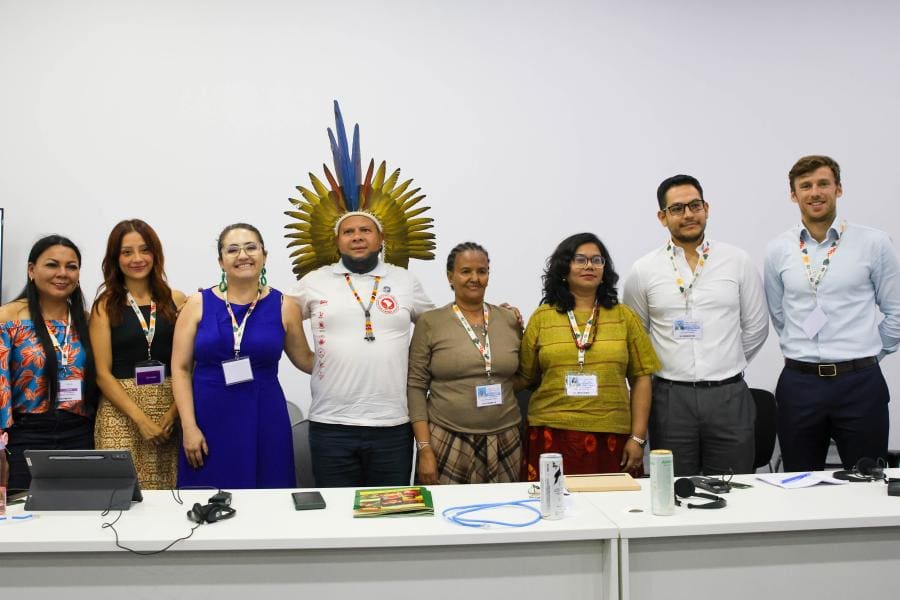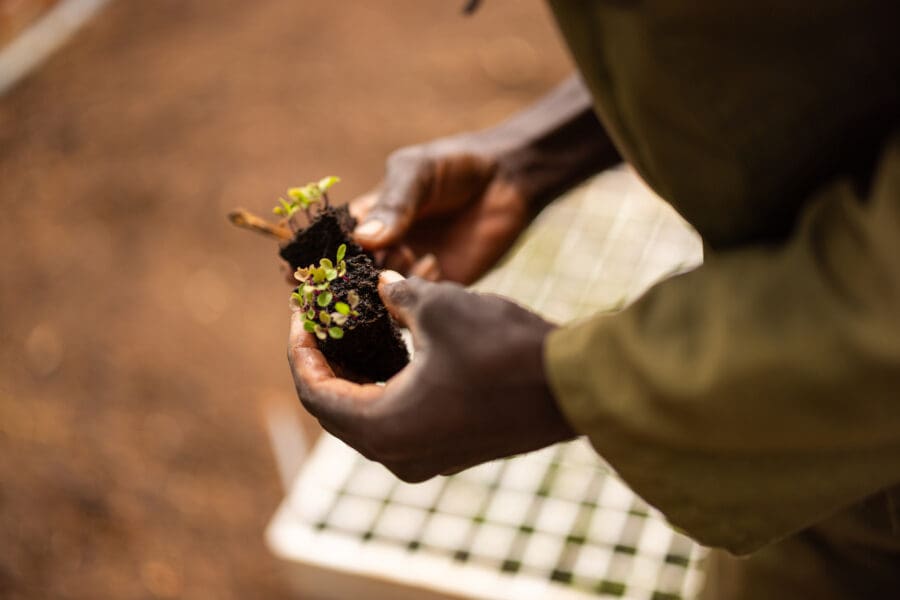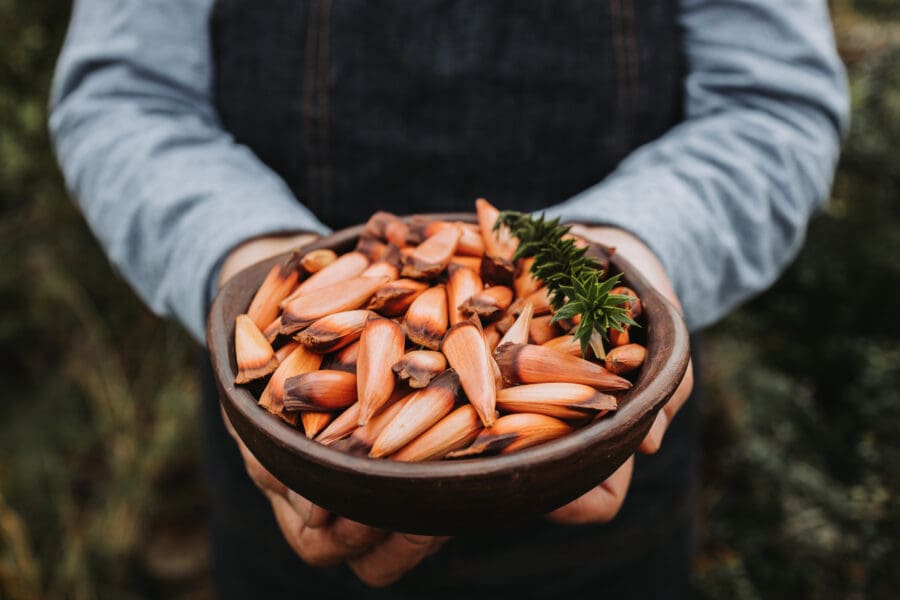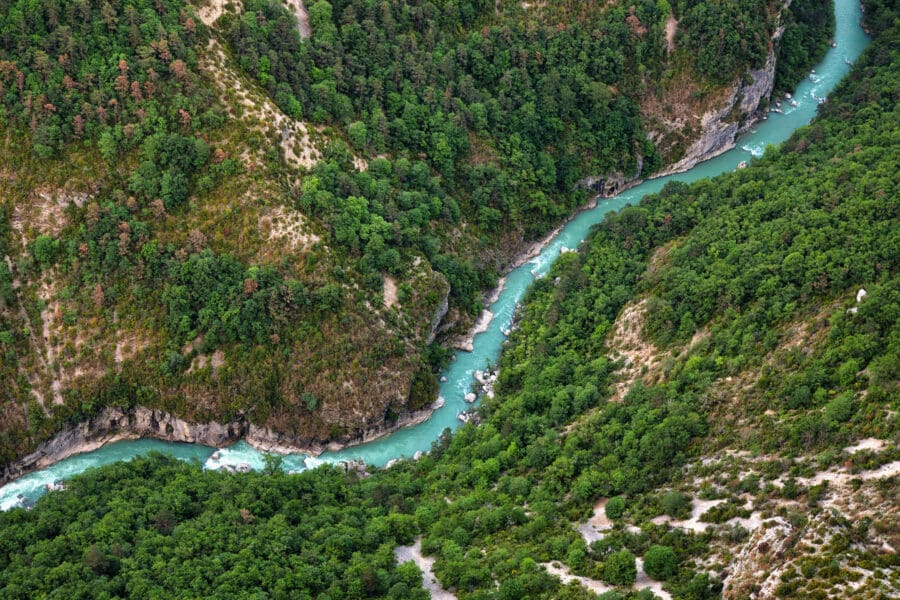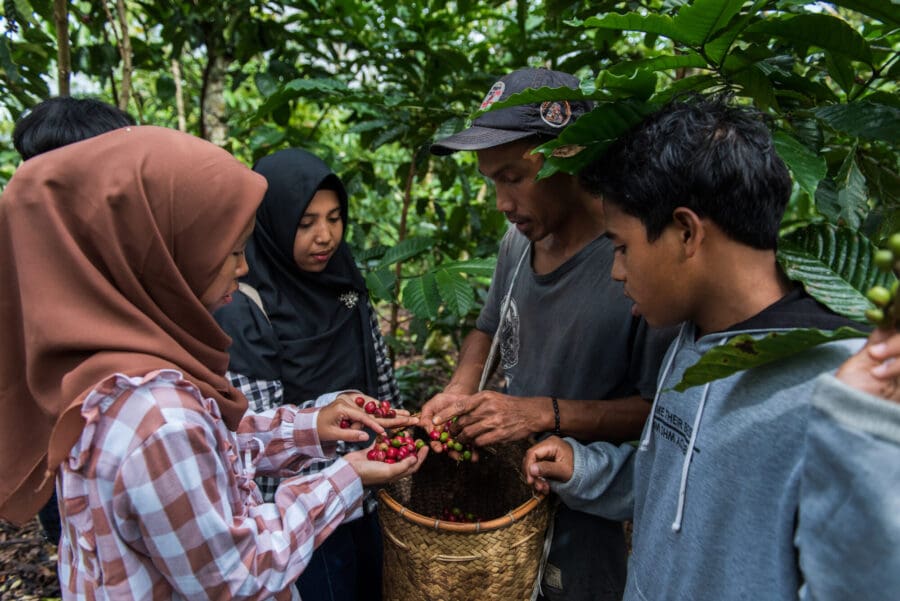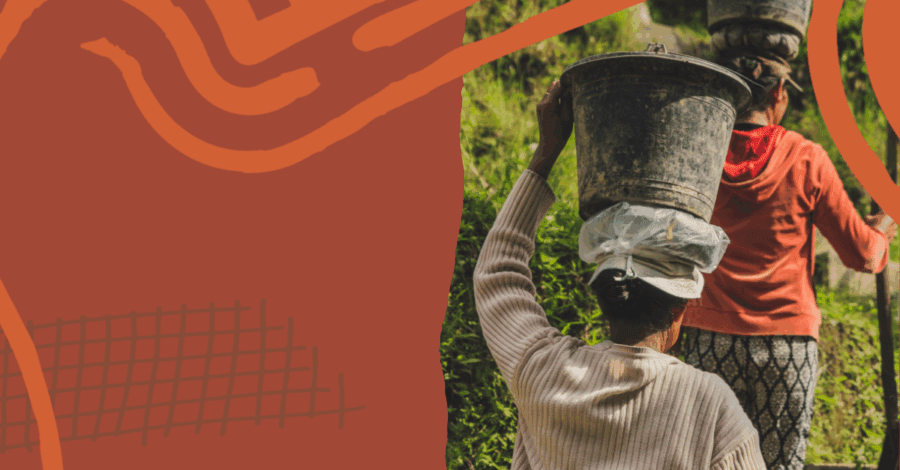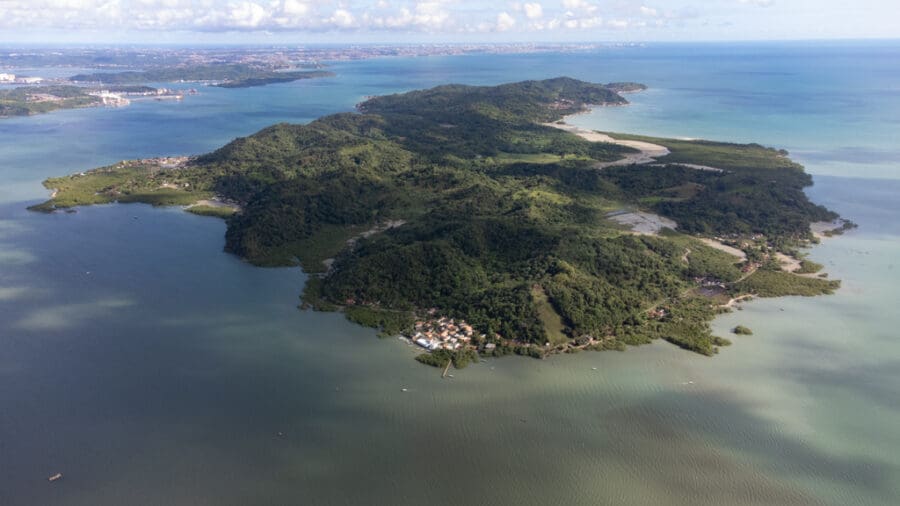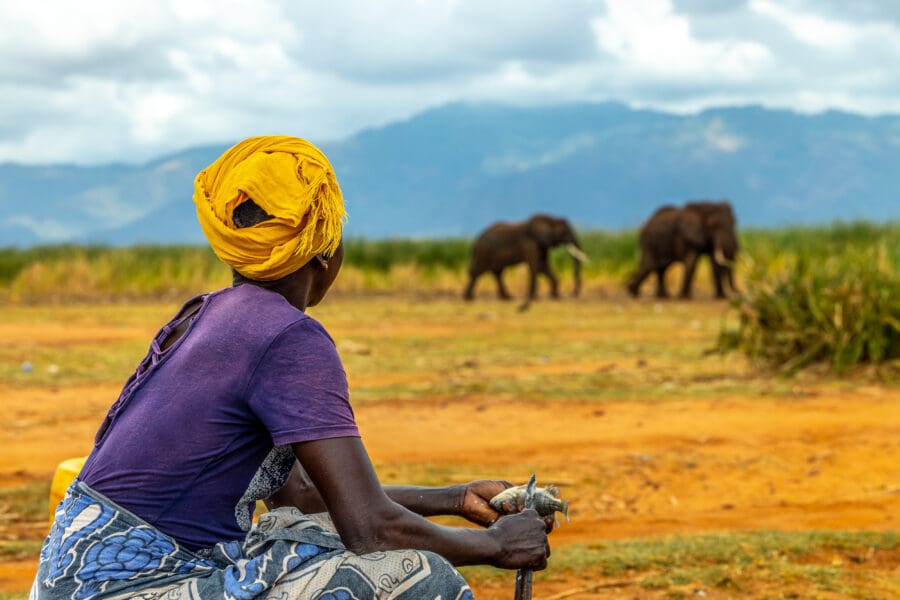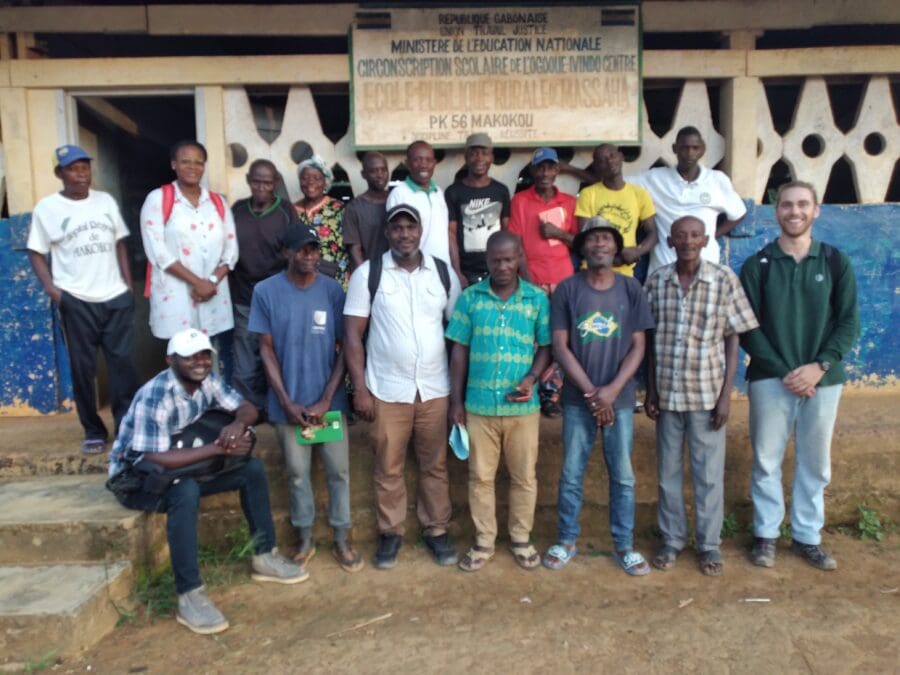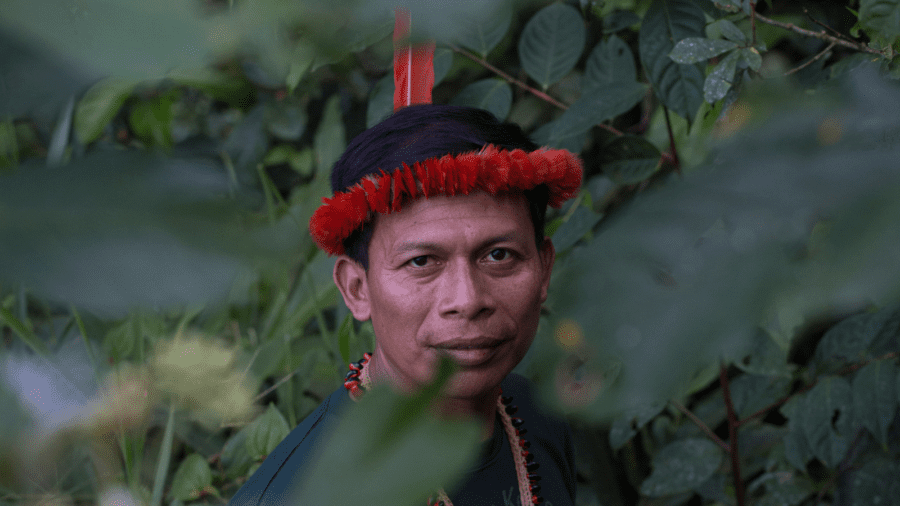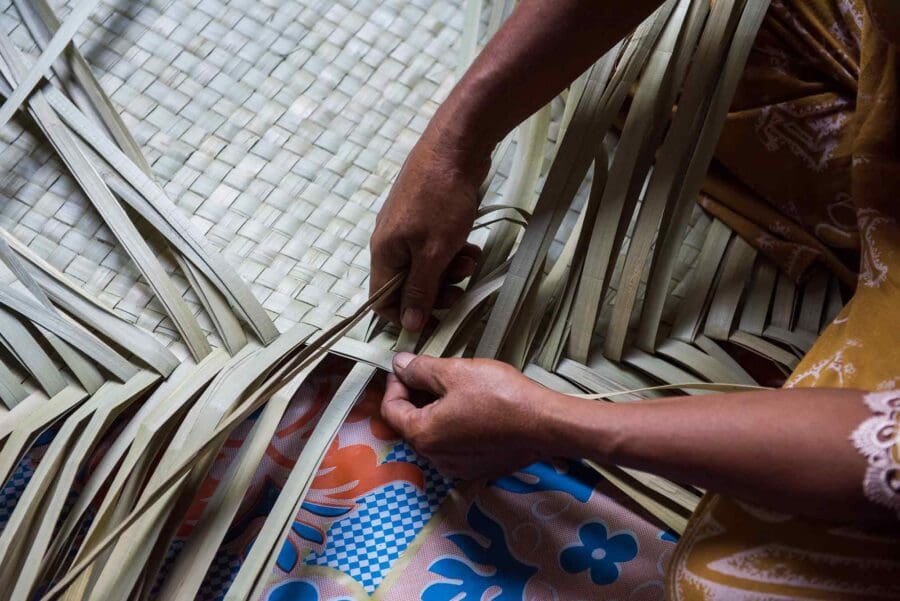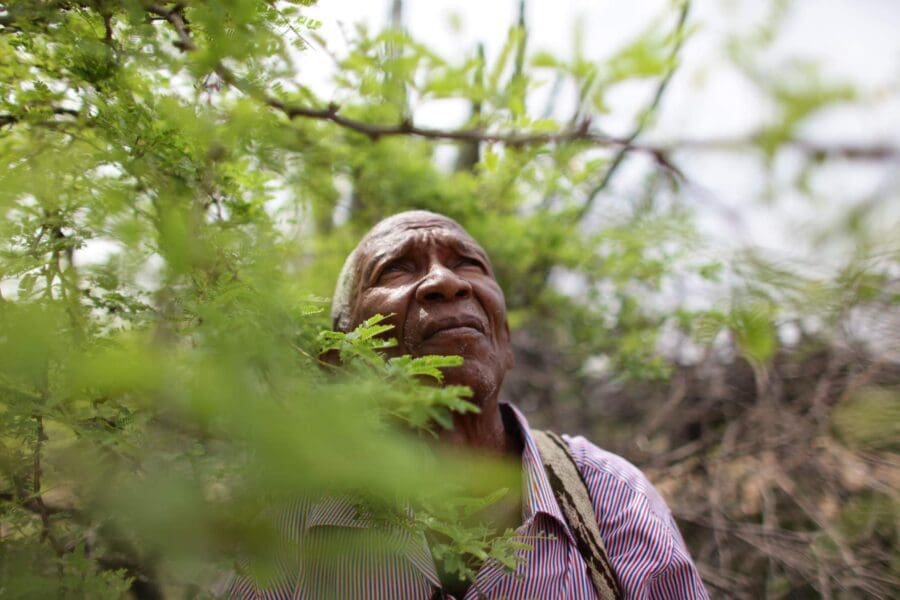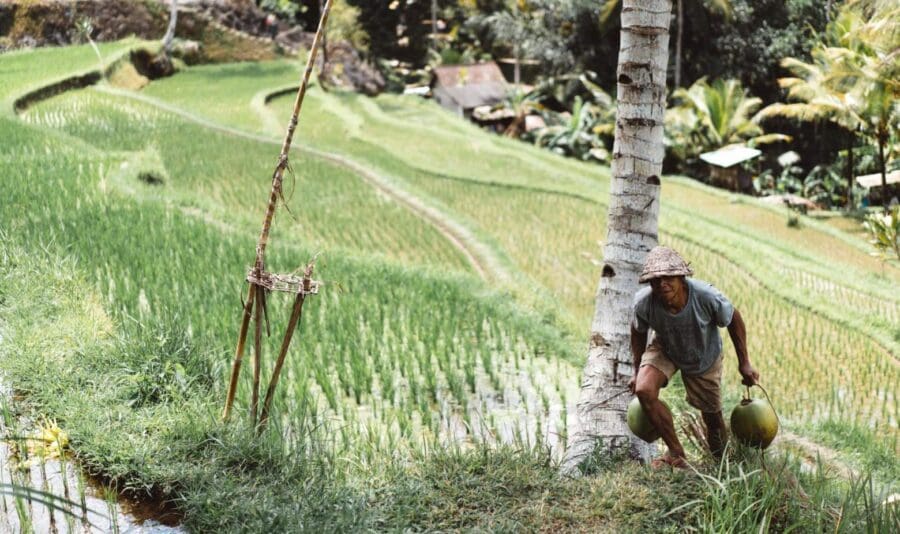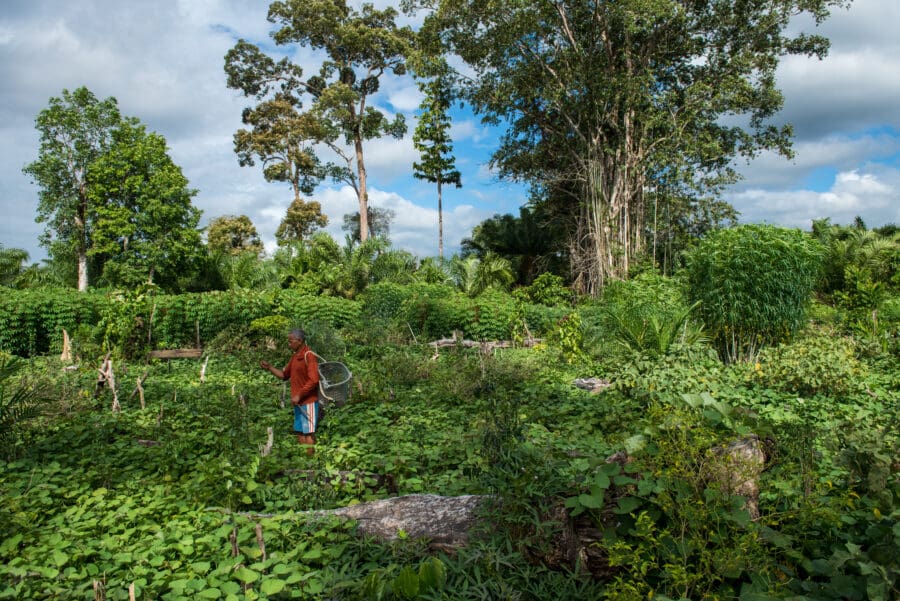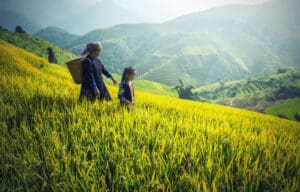Climate change negotiators meeting in Brazil for COP 30 will face intense pressure to agree on indicators to measure adaptation and a roadmap to quadruple the new collective quantified goal on climate finance.
As the world moves toward COP30 in Belém, Brazil, countries are in the process of updating their Nationally Determined Contributions (NDCs)—the key national plans that define climate goals, strategies, and financing needs under the Paris Agreement. In this crucial context, RRI released a two-phase study in September and October 2025, analyzing current NDCs of 25 countries across Latin America, Africa, and Asia.
As global leaders prepare to gather in Belém, Brazil, this November for the 30th UN Climate Conference (COP30), the Rights and Resources Initiative (RRI) and its global partners are calling for the summit to serve as a turning point for Indigenous Peoples, Afro-descendant Peoples, and local communities who safeguard the world’s forests and biodiversity.
As the global community prepares for UNFCCC COP30, hosted for the first time in the Amazon region of Brazil, the Rights and Resources Initiative (RRI) and its coalition of over 200 partners, collaborators, and allies have been sending a clear and powerful message for months: Earth’s #DefendersLeadTheWay on climate action.
Novo relatório mostra progresso inconsistente em nível nacional em relação aos direitos de posse de terras para Povos Indígenas, Povos Afrodescendentes e comunidades locais
New report shows inconsistent domestic progress on tenure rights for Indigenous Peoples, Afro-descendant Peoples, and local communities
These are the three communities that are leading global efforts to protect nature and preserve traditional knowledge for future generations.
We declare that there is no solution to the climate crisis without the recognition and protection of our territorial rights. Here, we present our priority demands and urge the Brazilian Presidency of COP30 to present concrete results for the respect, recognition and protection of our territories.
Decades after the world adopted what continues to be the most comprehensive roadmap for women’s rights, RRI’s latest report highlights enduring challenges in securing the rights of Indigenous, Afro-descendant, and local community women.
As the fight for climate justice continues, acknowledging the connections between land, water, ecosystems, and human communities is critical for the realization of positive and lasting change.
Gabon’s Massaha communities are documenting the rich biodiversity stored in their ancestral territories to demonstrate the transformative power of community-led conservation. Can they help one of the world’s most forested countries conserve 30% of its biodiversity by 2030?
A report aims to influence the localization agenda and improve bilateral policies and practices to ensure that more direct, fit-for-purpose support reaches Indigenous Peoples, local communities, and Afro-descendant Peoples and their supporting organizations to secure tenure rights and conserve key ecosystems and biodiversity.
In this review, we provide a legal snapshot of some of the changes and developments that occurred in 2023. We delve into the shifts, pivotal moments, and groundbreaking strides that defined the year at the sub-national, national, regional, and international levels.
A declaration released at a press briefing on June 15 highlights significant overlap between lands claimed by Afro-descendant Peoples in Latin America and the Caribbean and biodiversity hotspots; calling for the inclusion of the term Afro-descendants in the Convention on Biological Diversity (CBD) and UN Framework Convention on Climate Change (UNFCCC).
Rights and Resources Initiative and Rainforest Foundation Norway are thrilled to announce the launch of the Path to Scale dashboard, a new open-source online tool that gives easy access to donor funding data for Indigenous Peoples’, Afro-descendant Peoples’, and local communities’ tenure and forest guardianship.
According to a new report by RRI, existing national laws have the potential to recognize Indigenous Peoples’, Afro-descendant Peoples’, and local communities’ rights to own or control more than 260 million hectares (Mha) of land across the world—an area twice the size of Peru.
Nature-Based Solutions are broadly defined as solutions to societal challenges that involve working with nature. When anchored in culturally appropriate solutions and the self-determined priorities of local peoples, nature-based actions have the potential to strengthen synergies, transform human-environment interactions, and effectively drive system-wide transformation.
A high-level discussion convened by RRI and the FCDO, UK sought to address the ownership gap in collective land rights to tackle climate change and biodiversity loss.
This analysis shows that the vast majority of tropical forested countries seeking to benefit from international forest carbon markets have yet to define in law and in practice the rights of Indigenous Peoples, local communities, and Afro-descendant Peoples over carbon in their customary lands and territories.

